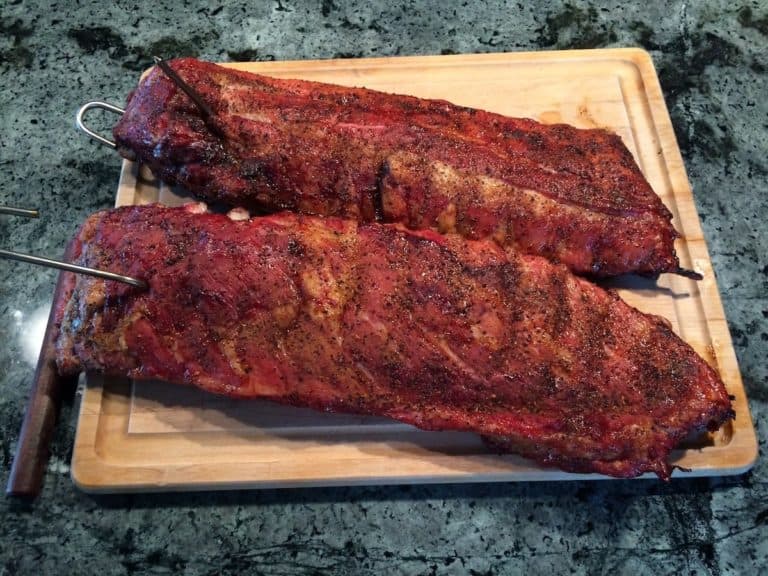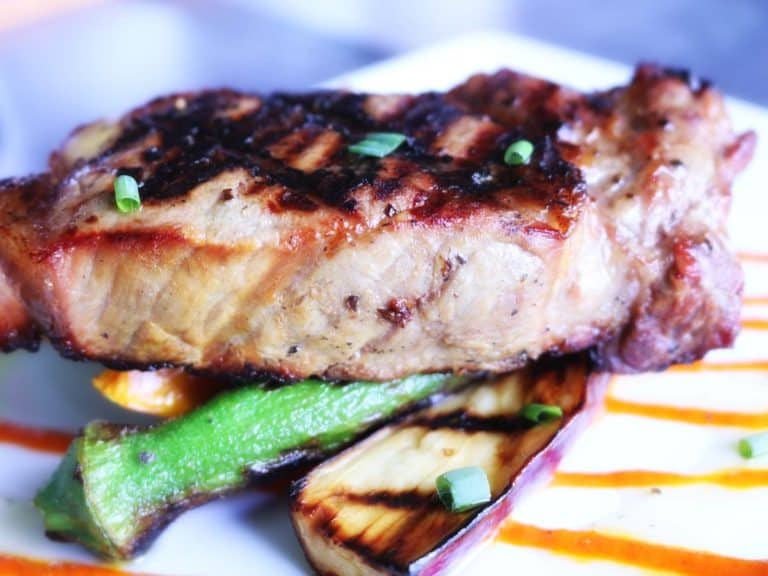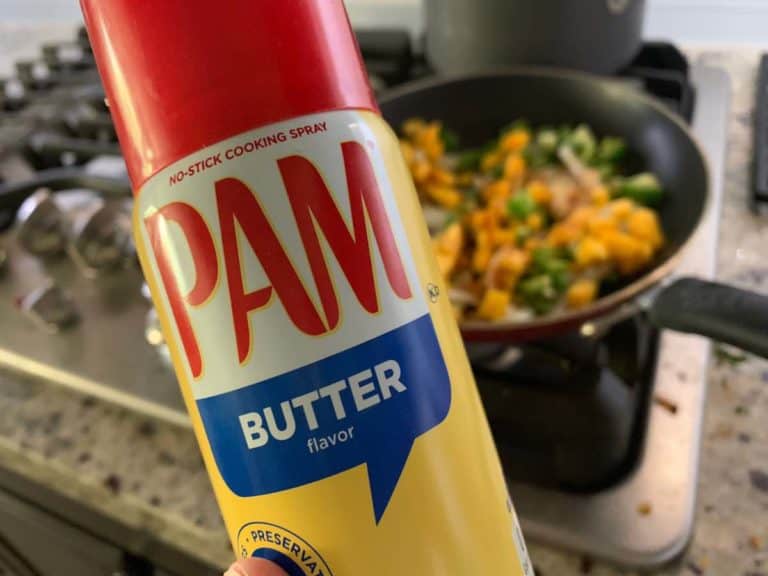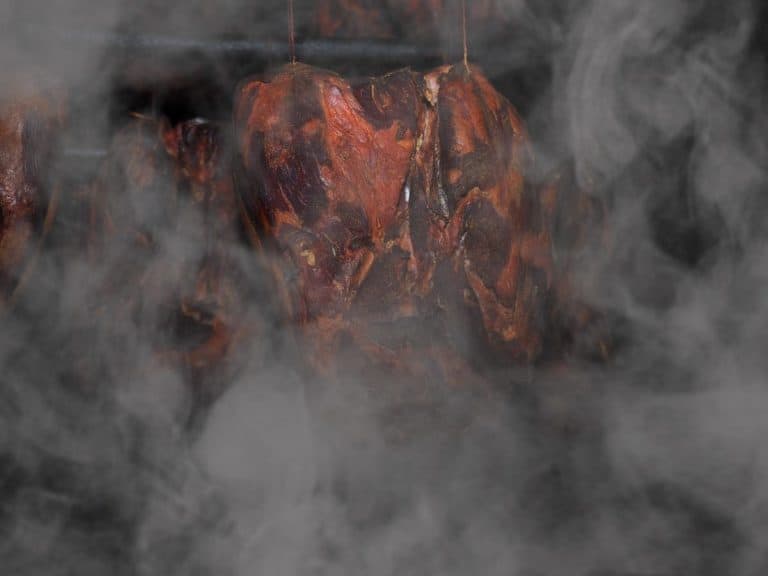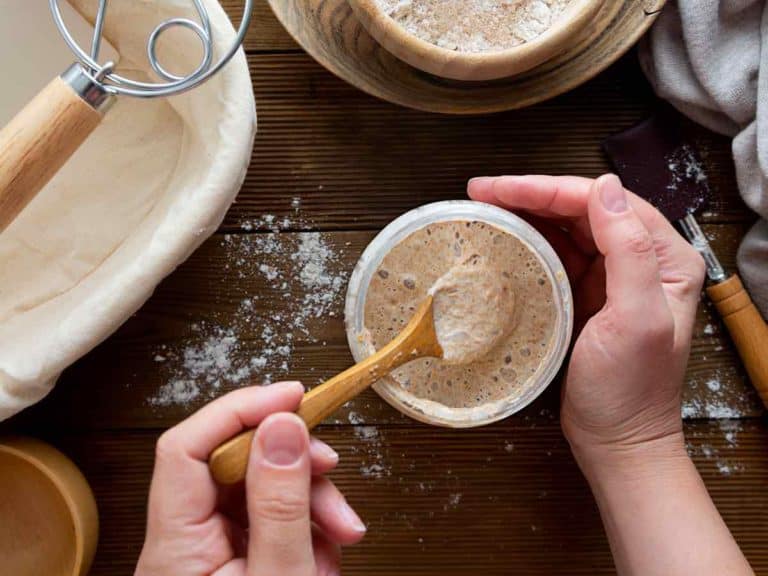Do You Wash Onions? When and Why?
According to a 2021 report by the Environmental Working Group (EWG), a non-profit organization dedicated to helping people live healthy lives, onions are some of the cleanest vegetables on the planet. And this might leave you wondering if washing onions is necessary or a complete waste of time.
Washing onions, in many instances, is unnecessary. Besides having low pesticide residues, their papery skin also shields them from dirt and grime. However, if there are clear signs of dirt on onions, it’s a good idea to wash them before using to prevent contaminating the part that will be eaten.
Read on before you turn onions into rings, pizza toppings, or a bowl of soup.
Below, we will talk about when it’s perfectly fine to start peeling and chopping onions and when you should wash it first — and how you should go about it the right way. By the time you get to the end of this article, you will be able to consider yourself as an authority on handling and preparing onions!
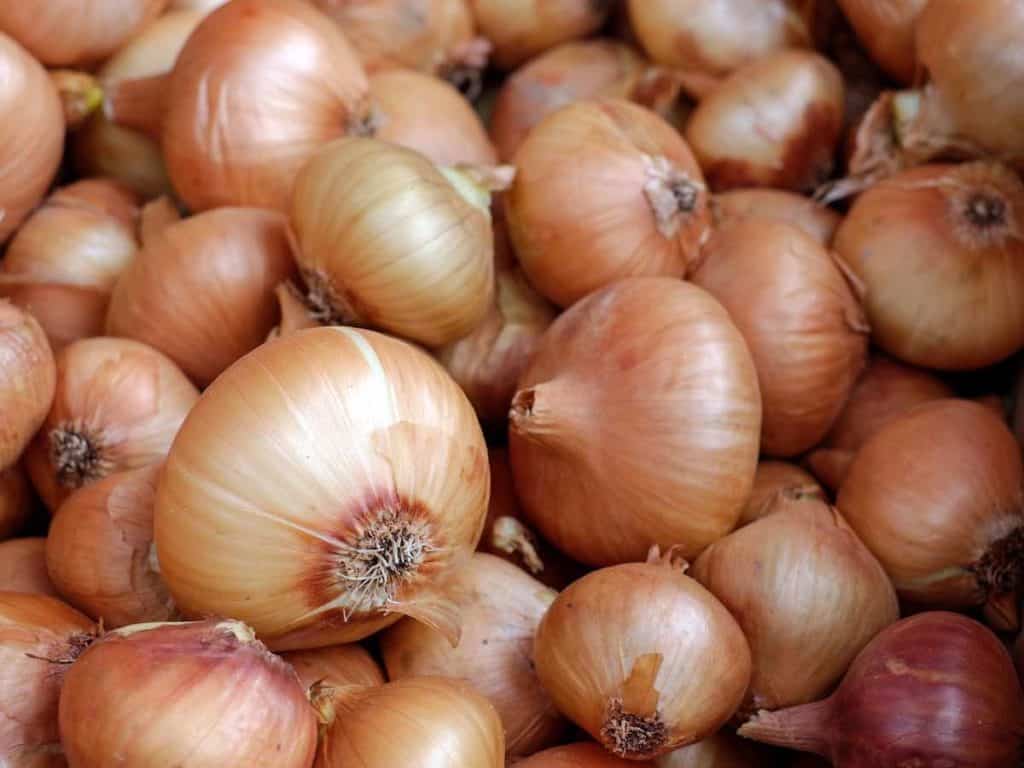
How Should You Wash Onions If They are Dirty?
To wash whole onions, place them under running water. Any visible dirt that refuses to be washed off may be scrubbed using the hands or a brush or sponge. To wash sliced onions, transfer them to a strainer and place them under running water. They may also be allowed to sit in a bowl of water for a while.
Since onions have skin, the parts inside that you will eat are protected not only from dirt and grime but also disease-causing microbes and pesticides.
More often than not, the only time onions need to be washed is if you can spot dirt on them.
In some instances, you may have to wash onions after peeling them if you believe that the knife you used might be contaminated, such as one employed earlier for peeling or chopping something that’s probably dirty.
You may also have to wash sliced onions after chopping them with a, particularly questionable knife.
The good news is that it’s fairly easy to wash onions, especially whole ones. Most of the time, all you have to do is place onions under running water and allow water coming out from the tap to do its job.
Sliced onions are slightly more challenging to wash. To keep them from winding up down the drain, you will have to place them in a strainer before washing them under running water. If you are not in a hurry, you may also soak sliced onions in a bowl of water and strain them after a few minutes.
Can You Clean Onions With Soap and Water?
According to the Centers for Disease Control and Prevention (CDC), washing fruits and vegetables with soap and water is not recommended. So, in other words, onions should be washed under running water only. A vegetable brush may be used for scrubbing away any stubborn dirt on whole onions.
It’s perfectly fine to clean your hands, plates, cups, pots, pans, knives, and others with soap and water.
However, it’s a different thing when it comes to cleaning anything that you will eat. Needless to say, you should refrain from cleaning onions with soap and water to ensure that it’s clean. This is true even for whole onions.
Soap contains all sorts of ingredients, the majority of which are not fit for human consumption. Cleaning onions with soap could cause some of those ingredients to remain on them even after thorough rinsing. Whether eaten cooked or raw, residues could still wind up in your digestive system.
The following are some of the worst things that could happen as a result:
- Nausea
- Vomiting
- Abdominal pain
- Diarrhea
- Blood in the stool
Besides the nasty symptoms mentioned above, you could end up with a dish that tastes like soap if you clean onions or any other fresh produce with soap and water.
What Can You Wash Onions With to Really Clean Them?
An effective way to kill bacteria, viruses and other microbes in onions is by soaking them in a mixture of water and vinegar, which has natural antimicrobial properties. They may also be soaked in water with a little baking soda in it. Similar to vinegar, baking soda can kill disease-causing germs.
Like mentioned earlier, you should avoid cleaning onions with soap and water. If you feel that putting them under running water is not enough, fret not. That’s because there are other ways to clean onions.
One very effective method is soaking onions for a couple of minutes in a bowl of water with a little vinegar. The ratio of the solution is one part vinegar to three parts of water. Besides immersing onions in the mixture, you may also transfer the mixture to a spray bottle. All you have to do is spray a little on onions and wipe them off with a paper towel.
Vinegar works because it can zap microorganisms on onions, thus saving you from ingesting them.
Besides vinegar, you may also count on baking soda, which can kill any unwanted microscopic organism on onions. What you need to do is add one teaspoon of baking soda to every two cups of water. Stir until dissolved. Allow onions to soak in the mixture for at least two minutes before using them.
Should You Wash Onions Before Storing Them?
There is no need to wash onions before storing them. This is true whether they are whole or sliced. Whole onions should be stored away from light, heat and moisture. Meanwhile, sliced onions that will be used some other time should be immediately stored in the refrigerator to keep them fresh.
Whole onions, if stored the right way, can last anywhere from six to eight weeks.
It’s a different story for sliced onions. After being left out at room temperature for more than two hours, it’s a good idea to dispose of sliced onions. While they may not have the telltale signs of food spoilage, sliced onions that have been sitting outside the refrigerator for a long time are no longer fresh.
Needless to say, you should place sliced onions as soon as possible in a ziploc bag and store them in the refrigerator. This will slow down bacterial growth, thus allowing them to stay in great shape for up to 10 days.
There is no need to wash sliced onions before refrigerating them. Otherwise, excess moisture will only speed up the process of decomposition. The smartest thing to do is wash whole onions before peeling and slicing them if you can see some dirt. Otherwise, you can immediately start reaching for that knife and chopping board.
Just Before You Start Chopping Onions
Most of the time, washing onions before cutting is a waste of resources — water and your time and energy.
Like many vegetables with skin, the parts of onions you will eat are protected from dirt and grime and even pesticides. And even if some microbes end up in the fleshy edible part, heat will kill them anyway.
However, if you can spot some dirt on onions, it’s a good idea to wash them under running water before peeling and slicing. This is especially true if you will eat onions raw.
You may also choose to clean onions by soaking them in diluted vinegar or a bowl of water with baking soda for at least a couple of minutes to get rid of microbes that could leave you or your loved ones sick. It will make your food preparation time longer by a few minutes alright, but you can rest assured that those onions will be totally clean.
Related Questions
Is it true that cut onions become toxic after a while?
Many people believe that cut onions become poisonous if not used right away because they absorb bacteria in the air. Experts confirm that there is no truth to this myth. The worst that could happen to unused chopped onions is that they will eventually lose their flavor and freshness.
Does eating onions come with side effects?
Onions are some of the healthiest vegetables. However, people with acid reflux or gastroesophageal reflux disease (GERD) may experience unfavorable symptoms such as heartburn and vomiting after eating onions. In some, onions may also cause gas that can lead to bloating and excess burping.

